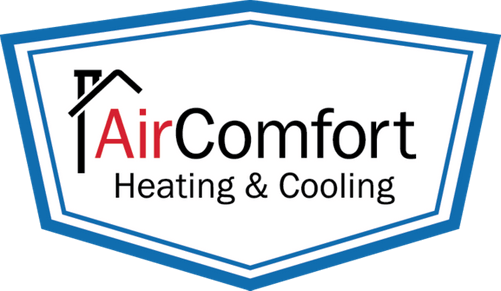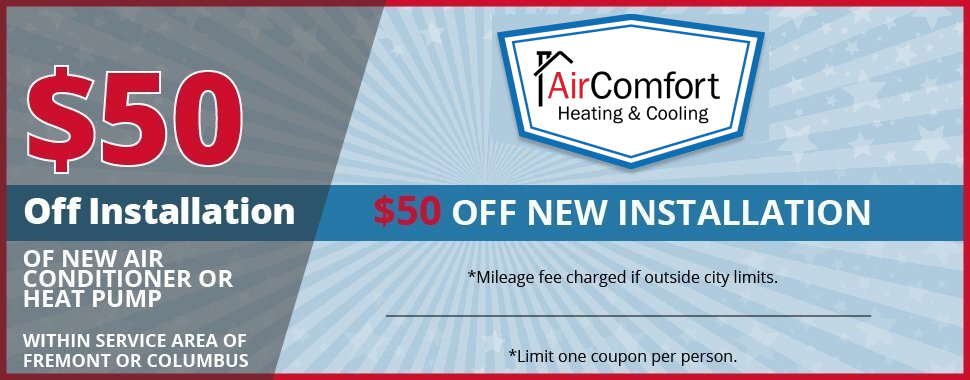The first step when solving a problem is to identify it. Your energy use is no different. To save energy, you need to know where it’s being wasted.
Here are the six most common reasons why your HVAC system is consuming more energy than it should and how to fix them.
Inefficient furnace
Your furnace is your home’s heat source and the first place energy can be lost through poor burner performance, a low efficiency design or age. If you haven’t tuned it for the season, call in a professional so you boost your furnace’s efficiency and save energy. If it’s time for an upgrade, look into high efficiency options for even better performance.
Dirty filters
In addition to poor air quality, a clogged filter reduces the volume of air your fan can distribute. This makes your furnace work even harder to maintain your home’s temperature. Clean or replace your furnace filter regularly to minimize this unnecessary source of energy waste.
Dirty ductwork
Buildup in your ductwork also reduces the airflow into your home, making your furnace consume more energy as it works harder to heat your home. If you’re a smoker or have pets, you need to be extra vigilant about having your ductwork cleaned regularly.
Non programmable thermostat
You might be vigilant enough to lower your home’s temperature whenever you go out or just before bedtime. In that case, you’re saving energy based on your daily habits. If, like most people, you rush out the door every day without a thought about keeping your empty house just a little cooler, a programmable thermostat might be what you need. Consider changing your thermostat to allow you to save this energy.
Air leakage
Ductwork that isn’t properly sealed leaks air into your ceiling or underfloor space, wasting heat that should be used to heat the space you occupy. As with clogged ductwork, this reduced airflow translates into an overworked furnace that consumes more energy. If you suspect leaky ductwork, have a professional seal off joints that can cause these energy losses.
Poor insulation
Whether it’s hot water piping, refrigerant piping or ductwork in unheated spaces, having the right insulation prevents heat from being lost to surrounding air. Wherever you have a large temperature difference between what’s inside and outside a duct or pipe, you need to have it insulated. If you suspect that parts of your HVAC system are uninsulated but need it, or if the insulation is disintegrating, have a professional inspect and repair it.
If you need help plugging your HVAC energy leaks, give us a call and we can help you save energy while you stay comfortable.



